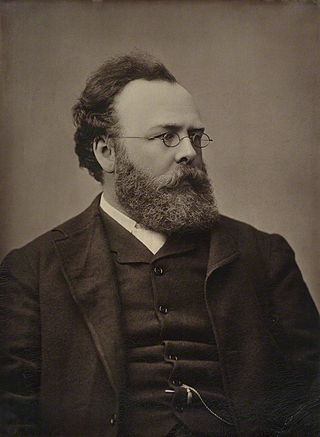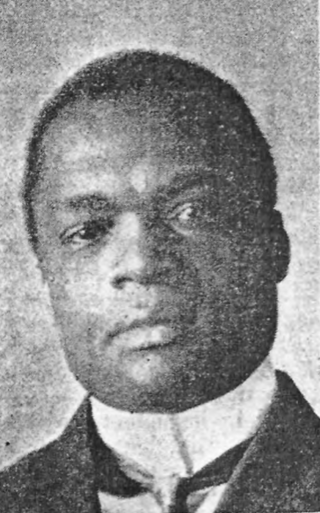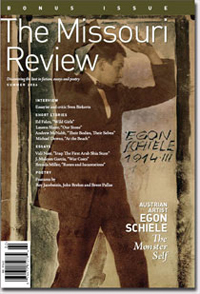
Raymond Henry Williams was a Welsh socialist writer, academic, novelist and critic influential within the New Left and in wider culture. His writings on politics, culture, the media and literature contributed to the Marxist critique of culture and the arts. Some 750,000 copies of his books were sold in UK editions alone, and there are many translations available. His work laid foundations for the field of cultural studies and cultural materialism.
This article contains information about the literary events and publications of 1958.

Henry Edward Manning was an English prelate of the Catholic church, and the second Archbishop of Westminster from 1865 until his death in 1892. He was ordained in the Church of England as a young man, but converted to Catholicism in the aftermath of the Gorham judgement.

George Smith was a pioneering English Assyriologist who first discovered and translated the Epic of Gilgamesh, one of the oldest-known written works of literature.

Robert Williams Buchanan was a Scottish poet, novelist and dramatist.

Henry King was an English poet who served as Bishop of Chichester.

The Edwin Smith Papyrus is an ancient Egyptian medical text, named after Edwin Smith who bought it in 1862, and the oldest known surgical treatise on trauma. From a cited quotation in another text, it may have been known to ancient surgeons as the "Secret Book of the Physician".
Trivia is information and data that are considered to be of little value. It can be contrasted with general knowledge and common sense. The word is derived from the Latin word triviae, meaning a place where a road split into two. It was introduced into English as the adjective trivial in the 15th and 16th centuries.

Cornish literature refers to written works in the Cornish language. The earliest surviving texts are in verse and date from the 14th century. There are virtually none from the 18th and 19th centuries but writing in revived forms of Cornish began in the early 20th century.

Henry Sylvester-Williams was a Trinidadian lawyer, activist, councillor and writer who was among the founders of the Pan-African movement.

Hymns Ancient and Modern is a hymnal in common use within the Church of England, a result of the efforts of the Oxford Movement. The hymnal was first published in 1861. The organization publishing it has now been formed into a charitable trust, Hymns Ancient and Modern Ltd, and as of 2022 it publishes a wide range of hymnals as well as other theological and religious books and magazines, under imprints such as the Canterbury Press and SCM Press.

Henry Smith Williams (1863-1943) was a medical doctor, lawyer, and author of a number of books on medicine, history, and science.
Remote Control Productions, Inc. is a film score company run by composer Hans Zimmer and based in Santa Monica, California. Originally known as Media Ventures Entertainment Group, which was conceived and founded by Jay Rifkin and Hans Zimmer, the company changed its name after the partners both filed lawsuits against each other. Today, Remote Control is home to a large group of composers mentored by Zimmer, many of whom have had successful film scoring careers as part of the company or on their own.

The Missouri Review is a literary magazine founded in 1978 by the University of Missouri. It publishes fiction, poetry, and creative non-fiction quarterly. With its open submission policy, The Missouri Review receives 12,000 manuscripts each year and is known for printing previously unpublished and emerging authors.
The Ingersoll Lectures is a series of lectures presented annually at Harvard University on the subject of immortality.

Howard Williams was an English humanitarianism and vegetarianism activist, and writer. He was noted for authoring The Ethics of Diet, a history of vegetarianism, which was influential on the Victorian vegetarian movement.
Sir Charles James Watkin Williams was a Welsh judge, doctor and Liberal politician who sat in the House of Commons from 1868 to 1880.
The Logic of Modern Physics is a 1927 philosophy of science book by American physicist and Nobel laureate Percy Williams Bridgman. The book is notable for explicitly identifying, analyzing, and explaining operationalism for the first time, and coining the term operational definition. Widely read by scholars in the social sciences, it had a huge influence in the 1930s and 1940s, and its major influence on the field of psychology in particular surpassed even that on methodology in physics, for which it was originally intended.
Williams and Norgate were publishers and book importers in London and Edinburgh. They specialized in both British and foreign scholarly and scientific literature.
Events from the year 1776 in Scotland.













